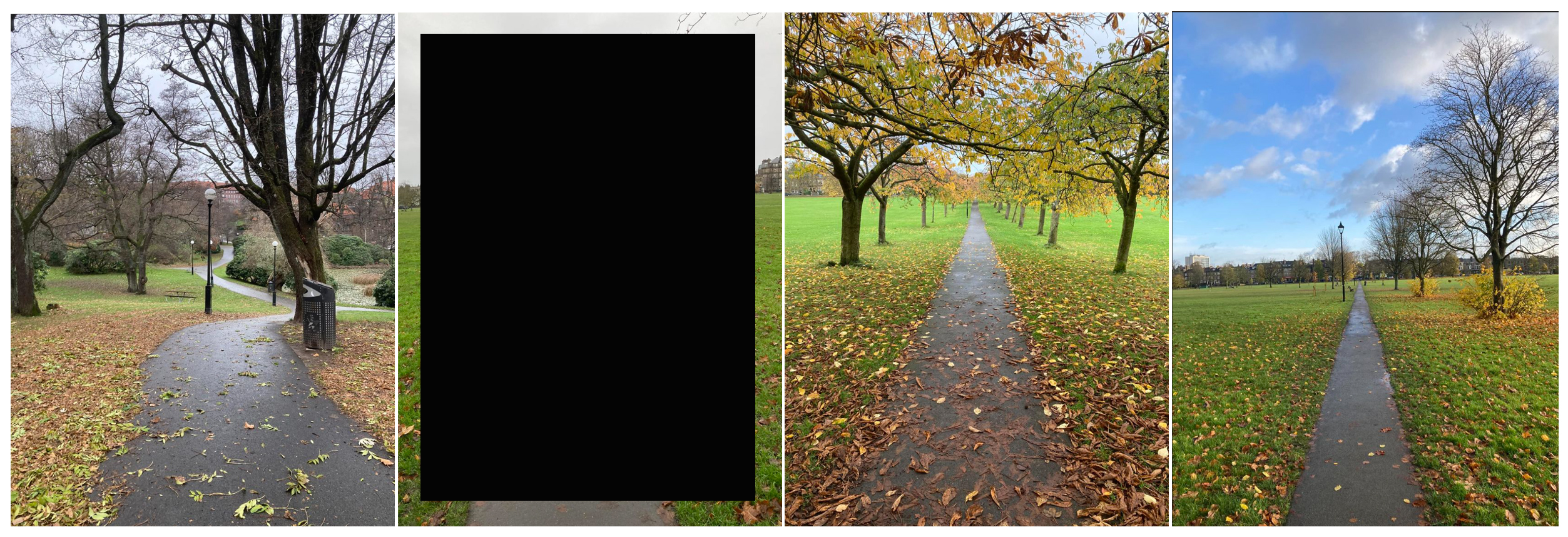Lang on Academic Freedom
Gerald Lang (Leeds) has a thoughtful discussion of academic freedom, prompted by the UK government’s appointment of a “free speech tsar” (who happens to be Cambridge philosopher Arif Ahmed), over at the PEA Soup Blog.

[photographs by Gerald Lang]
I appreciated Professor Lang’s consideration of the complex, interacting factors relevant to thinking about, for example, activities that are labeled as “no platforming.”
Here’s an excerpt:
The management teams in universities preside over communities that must be willingly cooperative and reasonably harmonious if they’re to get anywhere in the activities of teaching, learning, and research. We all have to be steering together in the same direction. The ideal of an academic community, after all, is not fundamentally deferential. The ultimate aim must be to allow us to see things for ourselves, rather than blindly deferring to authorities because that’s what the authorities have instructed us to think. But the institutional complexities and realities of university life make us all too aware of hierarchies and asymmetries of power: there are relations of vertical authority wherever you look.
There must be ways of curbing these asymmetries and fostering academic community. One obvious way of doing this is by listening to students. And that may give us some sort of case for acquiescing to students’ (and in some cases, also faculty’s) demands for the no-platforming of certain speakers, if it is seriously alleged that their presence on campus would lead to feelings among audiences of unsafety or ostracism or the conviction that they have been shown gross disrespect. The refusal to go along with these demands may increase disaffection among students and some faculty, thereby making it less likely that these individuals will engage productively and willingly with others in the academic community. If their complaint is that these invitations make them unsafe, one underlying concern may be that they don’t feel sufficiently valued as members of a community that in some sense makes collective decisions about whom they can profitably engage with. If their expressions of distaste or anger about speakers aren’t heeded, they may be more likely to conclude that they count for less. We should avoid this sort of situation if we can.
These dynamics are part of university life, and it is sensible to expect there to be some give and take. Not every battle has to be fought, and not every hill has to be died on. One thing we should note, though, is that the proper management of these issues isn’t fundamentally concerned with competence or the maintenance of intellectual standards, and it can’t be understood simply as a corollary of selectivity. At bottom, these issues present us with a trust exercise, an invitation to engage in quid pro quos and sensible management of potential conflicts among management, faculty, and students.
There are limits to this sort of accommodation, however. The ideas we’re exposed to in higher education should be capable of surprising us or making us uncomfortable. And that friction shouldn’t be unwelcome. (This is a familiar enough point from Mill’s On Liberty: how could it fail to be relevant to what we do in universities?) If these ideas disturb our worldview, we’re not entitled on those grounds alone to banish the speakers who espouse them, even if we think their ideas and arguments fall short. How do we distinguish, then, between unsafety and discomfort? Mere hostility to certain ideas or the speakers associated with them won’t be enough, because it won’t in and by itself discriminate between the feelings of unsafety we should be taking seriously and the feelings of wider intellectual discomfort we all need to put up with. We may know how we feel and what we think, but the significance and implications of those feelings and thoughts aren’t always luminous. More, then, will often need to be said before final decisions can be taken.
The post includes a response from Robert Simpson (UCL).
I’ve closed comments here to encourage people to go over to PEA Soup to read the whole post and discuss it there.

